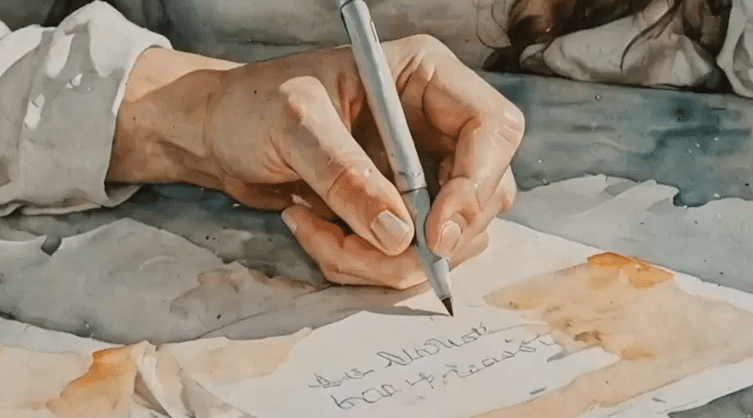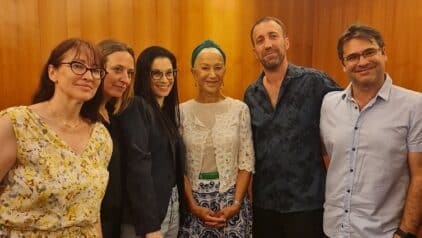Unfortunately, I was deep inside the Louisiana State Plantation when Roots first aired; therefore, I was experiencing the life more so, especially since I was sentenced to the dungeon for failing to pick the 30 pounds of cotton. Already my whole surroundings were every part as what I was looking at matched what was seen on the TV screen. I served nearly 20 of the 33 years. It was for a crime I did not commitment, like many others who were there..


In 1977, a television miniseries changed the face of genealogy forever, as the largest ever viewing audience – some 130 million viewers – in television history watched Alex Haley’s “Roots.”
I was among those millions – fascinated by the story of Haley’s ancestor Kunta Kinte and his descendants – who saw it 35 years ago.
According to Haley’s research, Kunta Kinte was an African from Jufferee in Gambia. Haley’s family history reported that he was sold into slavery in a town called “Naplis.”
His research found a slave ship, the Lord Ligonier, which saled from Gambia River on July 5, 1767, with 140 captured Gambians. The ship arrived in Annapolis, Maryland on September 29, 1767 – only 98 Gambians survived. Haley believed one survivor was Kunta Kinte, age 17. According to an advertisement in the Maryland Gazette, the Africans were sold into slavery on October 7.
Haley grew up hearing about his maternal grandparents’ family history, and he wrote his Pulitzer Prize-winning book Roots. It has been published in 37 languages, and was made into the first week-long television mini-series, viewed by some 130 million people. Roots also generated widespread interest in genealogy.
Although I didn’t seriously begin researching until 1990, the program showed me – and many others – the possibilities of family history. If Haley could do it, why couldn’t we?
The possibilities cut across all ethnic and religious lines. It made no difference that this was the story of an African American family. The possibilities of family history were just as enlightening to descendants of Eastern European Jews, to Hispanics whose ancestors left Spain for the New World, and descendants of Chinese immigrants. All of us found the story inspiring.
Author Alexander Murray Palmer Haley was born August 11, 1921 and died February 10, 1992. On the 20th anniversary of his death, I think he deserves a shout out.
To all genealogists out there:
Where would we be today if Alex Haley hadn’t written “Roots”?
If it hadn’t later been broadcast on television all over the world, thus inspiring millions of viewers? For those interested in statistics, about 85% of all homes with televisions saw all or part of the series, which was followed by sequels in 1979 and later.
If not for Haley, what would be spending our leisure time doing? What other hobbies were important to us, pre-genealogy? Can you remember when you weren’t involved in genealogy and the mysteries of our histories?
Personally, I would likely be needlepointing and embroidering – I haven’t completed a project since 1990.
Would we be enjoying MyHeritage and many other genealogy sites, if “Roots” hadn’t existed?
Genealogy sections in libraries would be very limited – if there were any sections at all.
Who Do You Think You Are? wouldn’t even be a glimmer in someone’s eye.
Prior to that 1977 miniseries – which glued millions of viewers to their seats and garnered the highest ratings ever in television history – only a few people worldwide were hardcore genealogists.
In my opinion, Haley was the father of contemporary genealogy.
For more information, click KinteHaley.org
Did you see the original miniseries? Have you read the book? How did you feel when you saw it or read the book? Let us know via comments below, on Facebook, Google+ and Twitter.










orla dullaghan
February 28, 2012
where can i purchase de complete dvd box set please